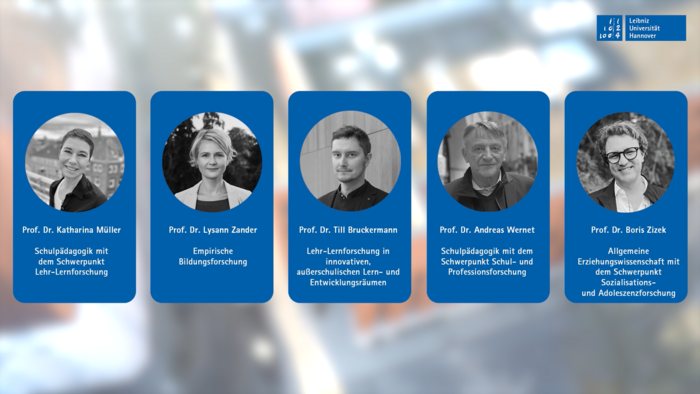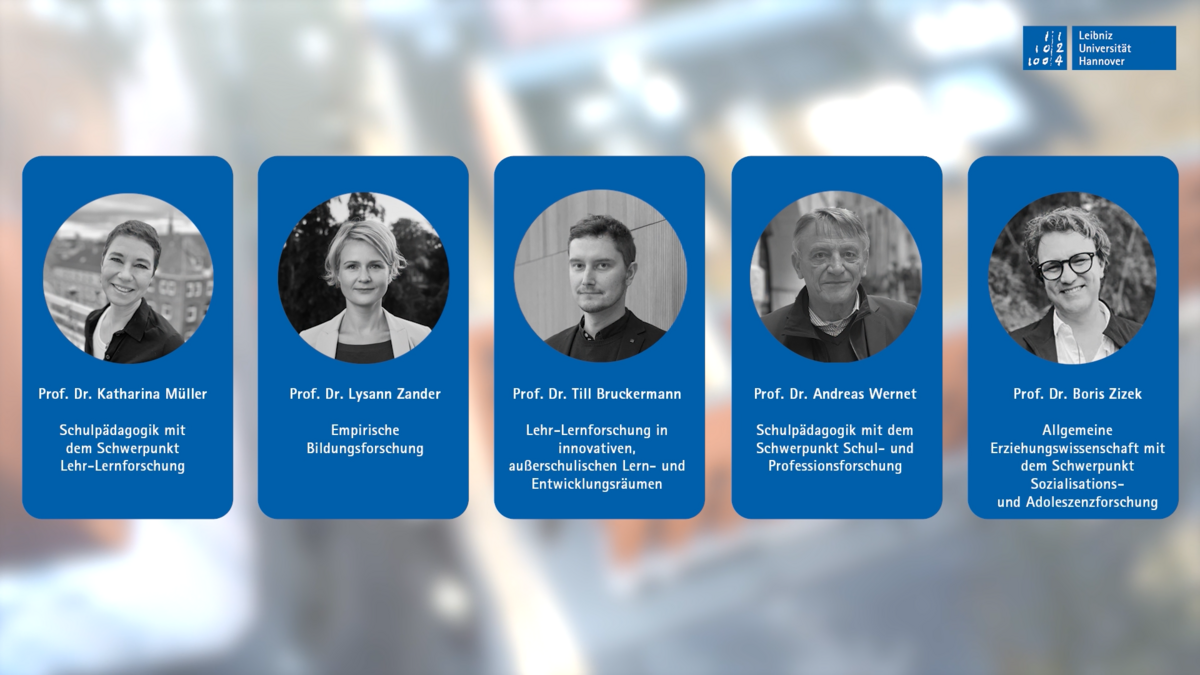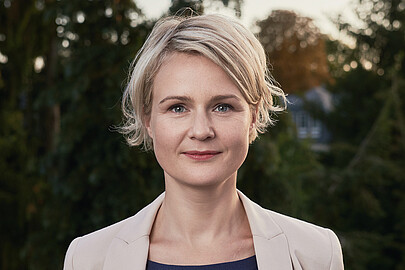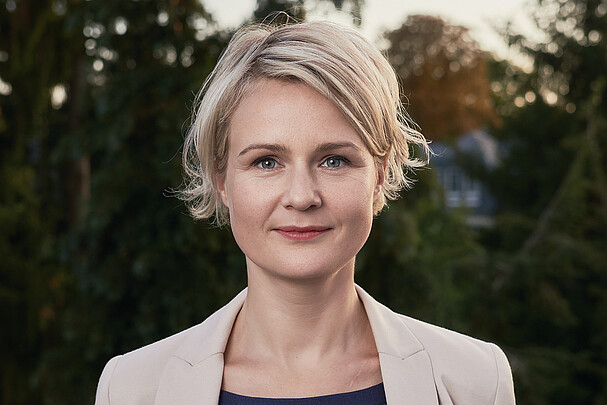Study Profile
The specialisation in “Educational Research” offered by the Institute of Education provides a research-based qualification that prepares students for work in research, (research-related) educational and teaching institutions (e.g., adult education). The specialisation focuses on educational and developmental processes in different (e.g., institutional or social) contexts. A special feature of this specialisation is that students first acquire fundamental thematic and methodological knowledge in the areas of quantitative and qualitative educational research (from semester 2) and can specialise in a research area in the further course of the master's programme (from semester 3). This makes it possible to develop one's own areas of interest and pursue individual research questions during the course of the programme.


 ©
© Victor Salazar
©
© Victor Salazar
Study Content
The in-depth and research-based examination of topics in educational science – from concrete action in educational institutions, via processes of organising and controlling educational processes, to educational policy discourses – is becoming increasingly relevant, as education has a significant influence on both individual life courses and social coexistence. In particular, the major transformation processes of our time (e.g., digital transformation, globalisation, demographic change, sustainability) are creating challenges for educational processes, institutions and systems that make intensive, in-depth and multi-perspective educational research indispensable.
First, empirical educational research enables the precise description and scientific explanation of both traditional (e.g., the education paradox) and current educational phenomena (e.g., digitality and education). Second, educational research can provide knowledge that offers insights into future possibilities for action and scope for change in educational practice. Knowledge about topics and methods of educational research thus forms an important basis for pedagogical action in school, university and professional contexts, as well as for educational policy decisions.


 ©
© Justin Frei
©
© Justin Frei
Study Programme
At the beginning, students take the modules Theoretical Topics in Educational Research and Methodologies and Methods in Educational Research. This gives them a sound overview of the diversity of topics (e.g., socialisation processes and educational inequality) and methods (e.g., social network analysis and case reconstruction) in educational research. In the courses of both modules, students learn to analyse and critically reflect on existing scientific findings. They also acquire methodological skills that enable them to conduct independent research and find answers to educational science problems. In addition, the courses offer a variety of opportunities for discussion and for acquiring (action-oriented) knowledge regarding heterogeneous target groups, digital media and formal and informal educational contexts.
From the third semester onwards, students specialising in educational research can deepen their knowledge in either the field of quantitative or qualitative educational research in two research internships (teaching research and data analysis) and two research colloquiums. These modules provide a special opportunity to develop and answer their own research questions, pursue individual interests and develop their own educational expertise.
Study Culture
The specialisation in educational research is characterised by a cooperative, project-based and workshop-based study culture. The focus of the programme is not on the reception of research results, but on the analytical and reflective handling of educational science findings and concrete independent work on ‘small’ research projects. In close dialogue with the teaching staff, students gain insights into the research practices of the various divisions at the Institute of Education, as well as receive support and guidance in developing and conducting their own research.


 ©
© StockSnap
©
© StockSnap
Study and Examination Performance
The study and examination performances are adapted to the specific event formats in line with the research and project orientation of the course. On the one hand, the performances to be provided are as closely related as possible to the research priorities developed during the course of the programme. On the other hand, they give students the opportunity to acquire subject-specific and interdisciplinary qualifications that are of great importance for a professional activity in education and/or educational research.
Possible examination formats include term papers (HA), in which students pursue their own questions; written exams (K), in which acquired basic knowledge is tested and applied; and course-related exams (VbP), which include diverse and particularly useful partial exams.
Contact Persons


30167 Hannover




30167 Hannover




